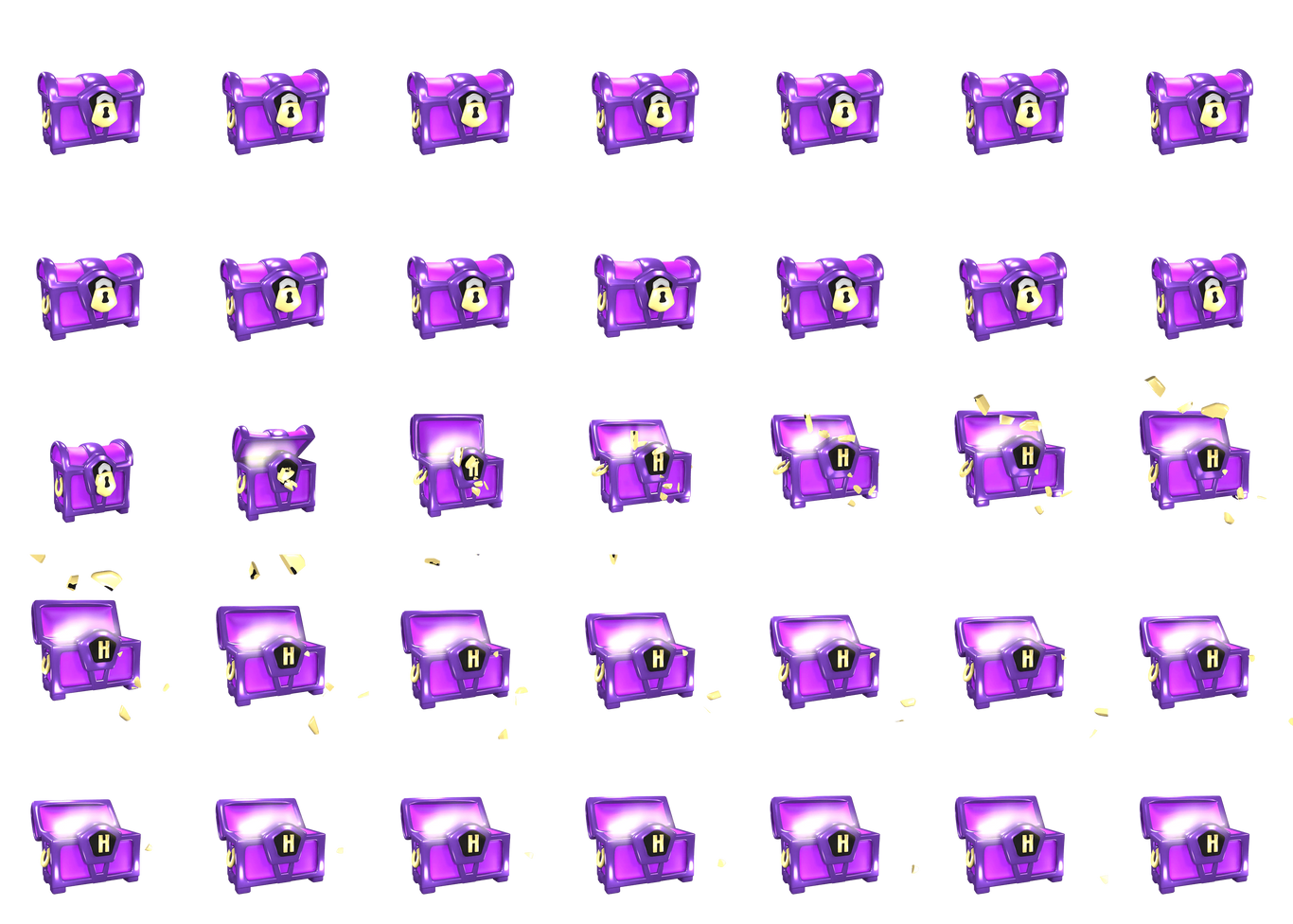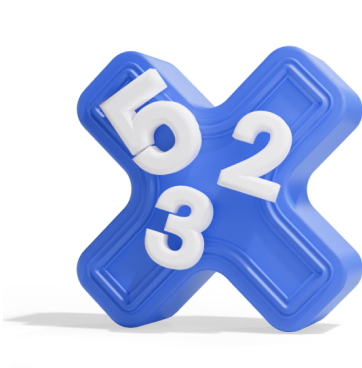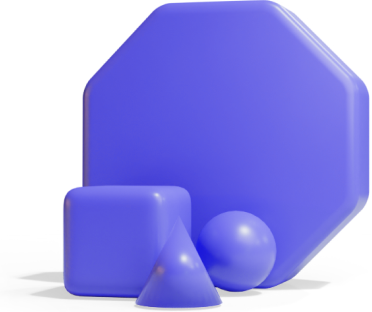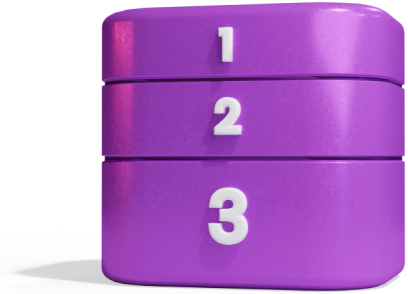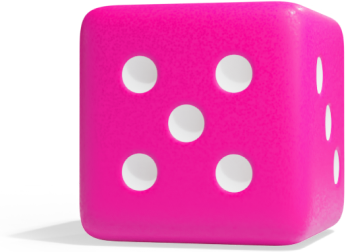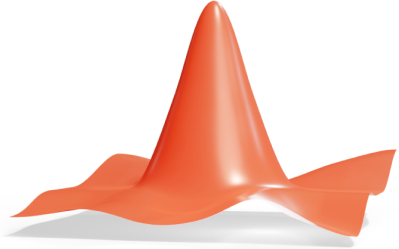What Does Bar Chart Mean?
Video Crash Courses
Want to watch animated videos and solve interactive exercises about bar chart?
You can use charts to display the information in a frequency table. The chart you’re going to learn now is called a bar chart.
A bar chart presents the same information as the frequency table it’s made from, but it looks much different. It can give a better picture of the information you have sorted. Below you see the information in a frequency table used to sort clothing, produced using a bar chart:
In the bar chart you see that there are three bars. Each of these bars is called a pillar.
The first column is labeled “sweater” . This means that this bar shows how many sweaters you have. The top of this bar is on the same line as the number 10, meaning that you have 10 sweaters.
If you look at the pillar in the middle, you’ll find that it’s labeled “pants”. This means that this bar shows how many pants you have. The top of this bar is on the same line as the number 8, so you have 8 pairs of pants.
It pays off to use a bar chart when you have few options. You have now learned to sort information from a frequency table into a bar chart.
Think About This
John and his siblings make an overview of how many popsicles they ate today. They put this overview in a frequency table:
| Name | Tally marks | Quantity |
| John | 7 | |
| Lucy | 8 | |
| Matt | 3 | |
You see that John had seven popsicles, Lucy had eight popsicles, and Matt had three popsicles. You want to display the results in a bar chart. How can you do that?
The bar chart will look like this:
It’s also possible for bar charts to go below the -axis. These bar charts have negative numbers. Here you see a table showing the temperatures at 12 o’clock for four days in Oslo.
As you can see in this table, there are some negative numbers—specifically, negative degrees Celsius. In the bar charts you have seen before, the pillars just went up from zero, but now that you have negative numbers, it will be necessary to have pillars that project downwards.
The bar graph showing the information in the table will look as follows:
Math Vault
Would you like to solve exercises about bar charts? Try Math Vault!
